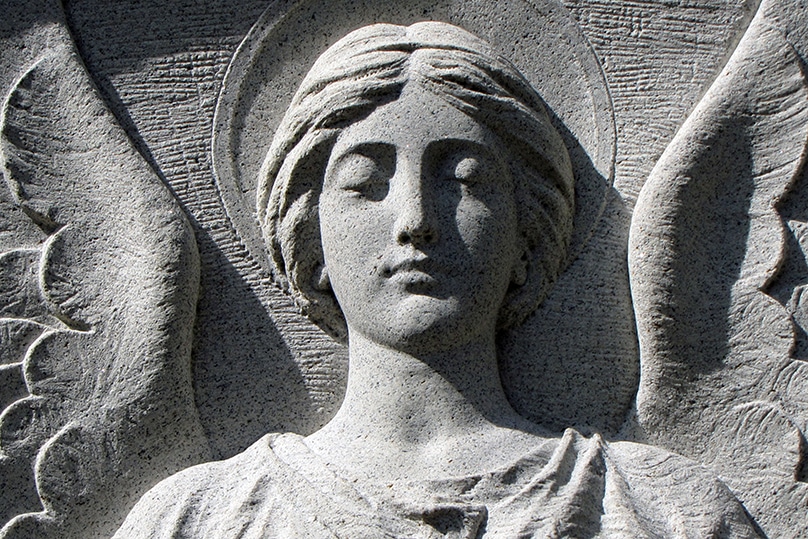
Dear Father, A colleague of work has recently been diagnosed with terminal cancer and we were discussing what happens after death. One friend says that after death there is nothing, that life is finished. How do I convince him that there is indeed life after death?
Unfortunately there are many people who think like your workmate – that with death all is ended and there is nothing afterwards.
They sometimes say that no one has ever come back from the dead to tell us about it, and this confirms them in their belief. How do we answer them? It is not enough to say that Jesus spoke about eternal life, or that we believe in it. They want hard evidence, even if, as Jesus said, “neither will they be convinced if some one should rise from the dead” (Lk 16:31). We will consider here three different arguments and in my next column I will consider two more.
The first is the fact that people have in fact come back from the dead and appeared on earth, among them Our Lady. Her apparitions at Fatima to three small children each month from May until October 1917 are perhaps the most convincing because Our Lady made a prophecy there that came true several months later. In the July apparition she told the children that in October she would work a miracle that all would see.
On 13 October some 70,000 people trudged through the rain and mud in the hope of seeing the miracle. Although it had been raining steadily, suddenly the clouds parted and the sun appeared.
It began to revolve, sending out rays of light of different colours that lit up the surroundings. Then it seemed to fall from the sky towards the people, who fell on their knees and begged God for mercy. To their great relief the sun returned to its place. All those present and some in the surrounding villages saw the miracle. Even sceptics reported seeing it and anti-clerical newspapers in Lisbon wrote articles on it.
The fulfilment of the prophecy in such a dramatic way can only be explained if Mary did in fact come back to earth to prophesy the miracle and then bring it about. Naturally, it is God himself who worked the miracle.
A second argument comes from the many cases of near-death experience in which people died clinically while their spirit or soul left the body and went into another world where they encountered other people. A particularly well known and convincing case is that of a three year-old boy named Colton Burpo from Nebraska in the US, popularised in the book and later the film Heaven is for Real.
Undergoing surgery in 2003, Colton appeared to have died and his soul seemed to go to heaven; he was later able to describe events he could not possibly have known about in life.
He spoke of meeting his unborn sister, who had been miscarried by his mother and who told him her name, and also his great-grandfather, who had died thirty years before Colton was born.
This could not be attributed to his imagination, since he did not know he had an unborn sister and the description he gave of his great-grandfather, whom he had never known, was accurate and could only come from having seen him in the next life.
The third argument comes from the very nature of the human person, composed of a material body and a spiritual soul. Our soul is clearly spiritual because through it we can think and can know immaterial objects and ideas like God, love and honesty. We can love, desire and freely choose to do this or that. Through it we make progress, from making tools and planting crops to building skyscrapers, airplanes and computers.
The soul is clearly distinct from the body even though it is intimately united to it as long as we live. When we die the body decays but the soul, being spiritual, cannot decay or be destroyed. It lives on necessarily.
While by reason alone we cannot know what happens to the soul after we die, we can know that it must necessarily continue in existence. The well documented near-death experiences of thousands confirm the independent existence of the soul. Through revelation we know what does happen to the soul after death: it goes to heaven or hell, or to purgatory as the antechamber of heaven.
So as Christians we live in the hope of eternal life and when someone is dying we console them with this hope, helping them to prepare for eternity with God.
The thought of death does not frighten us. Rather it fills us with the desire to be with God and to enjoy the “supreme, definitive happiness” which is heaven, as the Catechism of the Catholic Church explains (CCC 1024). – [email protected]
